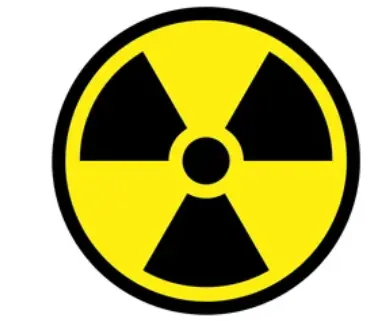 Welcome
Welcome
“May all be happy, may all be healed, may all be at peace and may no one ever suffer."
- A
- B
- C
- D
- E
- F
- G
- H
- I
- J
- K
- L
- M
- N
- O
- P
- Q
- R
- S
- T
- U
- V
- W
- X
- Y
- Z
Respiratory tract infections - Generics
Respiratory tract infections (RTIs) are a common type of infection that affects the respiratory system, including the nose, throat, sinuses, bronchi, and lungs. RTIs can be caused by viruses, bacteria, or fungi and can range from mild to severe.
Types of RTIs:
There are several types of RTIs, including:
- The common cold: A viral infection that affects the upper respiratory tract, causing symptoms like a runny or stuffy nose, sore throat, cough, and sneezing.
- Influenza (the flu): A viral infection that can affect the upper and lower respiratory tract, causing symptoms like fever, body aches, cough, and sore throat.
- Bronchitis: An inflammation of the bronchial tubes, which can be caused by a virus or bacteria and leads to coughing and difficulty breathing.
- Pneumonia: An infection that affects the lungs, causing symptoms like fever, cough, and difficulty breathing.
Symptoms:
The symptoms of an RTI can vary depending on the type of infection and the severity of the illness. Common symptoms of an RTI may include:
- Fever
- Coughing
- Sore throat
- Runny or stuffy nose
- Difficulty breathing
- Chest pain or tightness
- Headache
- Muscle aches and fatigue
Diagnosis:
The diagnosis of an RTI typically involves a physical exam and a review of symptoms. A doctor may also order diagnostic tests, such as a chest X-ray or blood tests, to confirm the diagnosis and rule out other possible causes of the symptoms.
Treatment:
The treatment of an RTI depends on the type of infection and the severity of the illness. Most viral infections, such as the common cold and flu, do not require antibiotics and are typically treated with over-the-counter medications to relieve symptoms. Bacterial infections, such as pneumonia, may require treatment with antibiotics. Rest, staying hydrated, and avoiding smoking and exposure to secondhand smoke are also important for recovery.
Prevention:
Preventing RTIs involves taking measures to reduce the risk of infection, such as:
- Washing hands frequently with soap and water or using hand sanitizer
- Avoiding close contact with sick individuals
- Covering the mouth and nose when coughing or sneezing
- Avoiding touching the face, especially the nose and mouth
- Staying home when sick to avoid spreading the infection to others
- Getting vaccinated against influenza
In conclusion, respiratory tract infections are a common type of infection that affects the respiratory system. They can be caused by viruses, bacteria, or fungi and can range from mild to severe. Symptoms can include fever, coughing, sore throat, and difficulty breathing. Treatment and prevention depend on the type of infection and involve measures to relieve symptoms and reduce the risk of infection.

Hyperuricemia

Scalds abrasions

Pregnancy

Vitamin B6 deficiency

Babesiosis

Radiation emergency

Blisters

Muscle relaxant in genera...
Respiratory tract infections, শ্বাস নালীর সংক্রমণ
To be happy, beautiful, healthy, wealthy, hale and long-lived stay with DM3S.